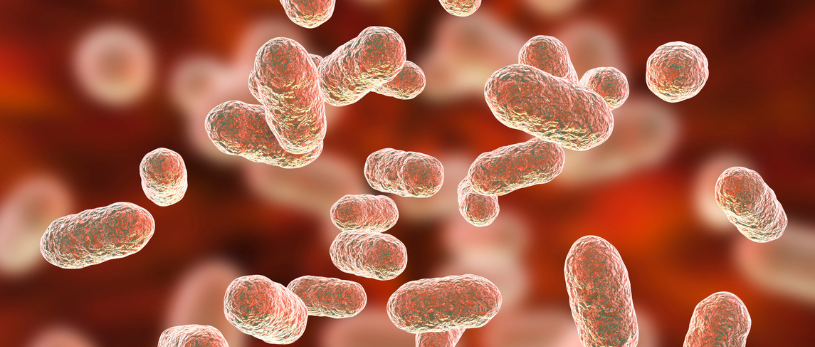Fertility is a complex process influenced by a multitude of factors, from genetic to environmental. One of the factors that has gained attention in recent years is the Body Mass Index (BMI) and its impact on women’s reproductive capacity. In this article, we will explore how BMI can influence fertility and why it is essential to maintain a healthy weight to optimize the chances of conception.
What Is BMI, and Why Is It Relevant?
BMI is a measure that relates a person’s weight to their height, providing a general indication of whether a person is underweight, normal weight, overweight, or obese. While it is a useful tool, it is important to remember that it does not consider the distribution of muscle mass and fat, so it should always be interpreted in the appropriate context.
It is calculated by dividing a person’s weight (in kilograms) by the square of their height (in meters). The formula to calculate BMI is: BMI = Weight (kg) / Height (m)^2
BMI Range and Classification:
- Less than 16: Severe Thinness
- 16 – 16.9: Moderate Thinness
- 17 – 18.4: Acceptable Thinness
- 18.5 – 24.9: Normal Weight
- 25 – 29.9: Overweight
- 30 – 34.9: Obesity Type I
- 35 – 39.9: Obesity Type II
- 40 and above: Obesity Type III
The Role of Fat in Estrogen Formation
Body fat plays a crucial role in hormone production, especially estrogen. Estrogen is a female sex hormone produced primarily in the ovaries but also to a lesser extent in the adrenal glands and adipose tissue (fat). Adipose tissue has the ability to convert precursor hormones into active estrogens through a process called aromatization. Therefore, the amount of body fat can directly influence estrogen levels in the body.
An adequate balance of estrogen is essential for the proper functioning of the hormonal axis that regulates ovulation. This axis, known as the hypothalamus-pituitary-ovary axis, coordinates the production and release of hormones that trigger ovulation and prepare the uterus for possible pregnancy. If there is too much or too little estrogen due to an extremely high or low BMI, this axis can become imbalanced, affecting the regularity and quality of ovulation.
Low Weight and Its Impact on Fertility

A low BMI, generally considered below 18.5, can indicate malnutrition or inadequate calorie intake.
This condition can lead to a series of fertility-related problems:
- Menstrual Irregularities: Women with low weight often experience irregular menstrual cycles or a complete absence of menstruation (amenorrhea). This is because the body perceives malnutrition as a signal that it is not the right time for reproduction and, therefore, suppresses ovulation.
- Egg Quality: Even if ovulation occurs, low weight can affect the quality of eggs, reducing the chances of conception.
- Ovarian Reserves: Prolonged low BMI can affect the quantity and quality of ovarian reserves, which can accelerate the depletion of available eggs.
High BMI and Fertility

On the other hand, a high BMI, especially in the obesity range (BMI above 30), can also pose challenges to fertility.
Excess body fat can lead to:
- Hormonal Imbalance: Excess body fat can interfere with hormone production, leading to an imbalance in estrogen and progesterone levels. This can result in less frequent ovulation or complete absence of ovulation.
- Insulin Resistance: Obesity is often associated with insulin resistance, which can lead to polycystic ovary syndrome (PCOS), a common cause of infertility in women.
- Egg Quality: Similar to low BMI, a high BMI can affect the quality of eggs, reducing the chances of successful pregnancy.
Conclusion: Balance Is Key
Maintaining a BMI within a healthy range is essential to optimize fertility. Both underweight and overweight present challenges that can make conception difficult. At Gravida, we understand the importance of addressing all aspects related to fertility. Our team is here to guide and support women on their journey to motherhood, offering personalized counseling and treatments based on the latest science. In the path to conception, every detail matters, and BMI is a factor that should not be overlooked.
If you have any questions, please do not hesitate to contact us. You can:
- Call us at +34 932066489
- Send us an email at internacional@gravidabcn.com
- Send us a form through this link.
We will be delighted to help you achieve your greatest wish: becoming a mother.




